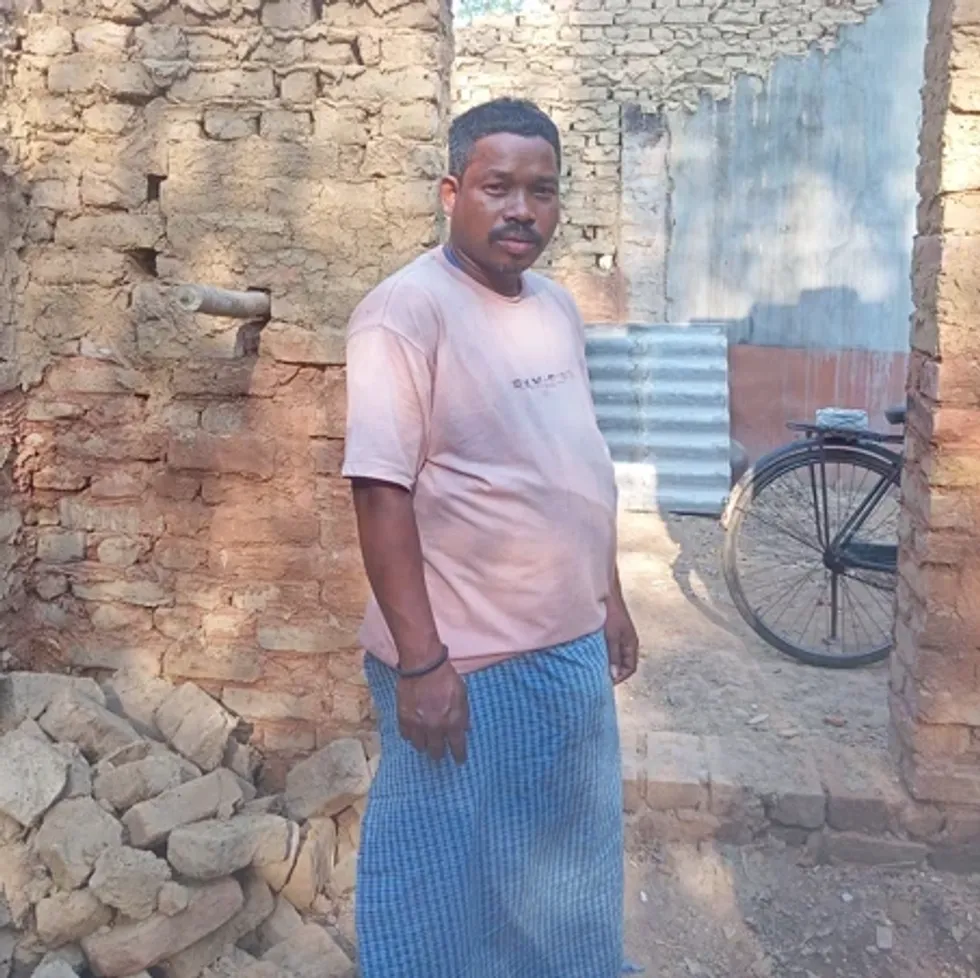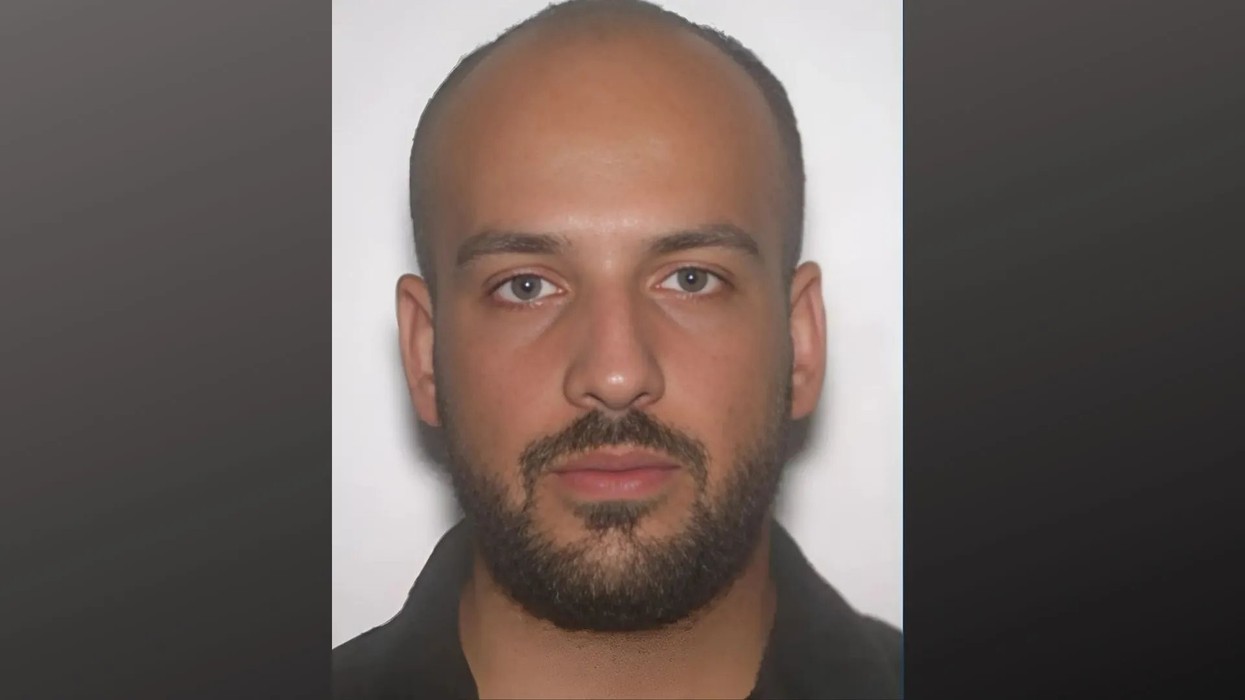As Men’s Health Week 2025 (9–16 June) approaches, UK-based charity Lepra is raising awareness of hydrocele, a largely overlooked condition that significantly impacts men’s lives. A complication of lymphatic filariasis (LF), hydrocele causes fluid to accumulate in the scrotum, resulting in extreme swelling that can hinder mobility, limit income opportunities, and affect personal relationships.
Despite the availability of a simple surgical fix, many men suffer in silence due to social stigma, lack of awareness, and barriers to treatment.
A personal struggle: Arjun’s story
Arjun, 38, lives in a rural village in Odisha, India, with his wife, four children and father. As the family's main provider, he worked as a labourer until, six years ago, he began experiencing swelling and pain in his scrotum. The condition gradually worsened, leaving him unable to work effectively. Arjun endured daily discomfort, emotional distress, and increasing isolation due to embarrassment about his condition.

His family, unaware of the cause, worried about the financial burden of treatment. The turning point came when Arjun was screened by a Lepra programme and diagnosed with hydrocele.
Understanding hydrocele and its causes
Hydrocele is a common long-term effect of lymphatic filariasis, a neglected tropical disease transmitted by mosquitoes, usually during childhood. According to the World Health Organization (WHO), LF often remains asymptomatic for years while silently damaging the lymphatic system. As men age, this damage can manifest as chronic conditions, including lymphoedema, elephantiasis, and hydrocele.
Hydrocele can cause significant pain and immobility. Married men may struggle with intimacy, while single men often face social exclusion. In many cases, the stigma surrounding the condition leads to isolation, low self-esteem, and mental health challenges.
The simple solution: Hydrocelectomy
Hydrocele can be completely cured through hydrocelectomy, a straightforward surgical procedure with a recovery period of just two weeks. Yet access to this surgery is limited in many areas due to a shortage of trained surgeons and the stigma that prevents men from seeking help.
Following his diagnosis, Arjun received counselling to help him cope with the emotional toll of his condition. Although initially hesitant, he agreed to undergo surgery. After the operation, Arjun’s physical health improved dramatically. He regained the ability to work, restored his independence, and began reintegrating into his community.
The wider problem: Underreported and undertreated
It is estimated that up to half of men who contract LF in childhood will develop hydrocele in adulthood. In 2023 alone, WHO recorded a 258,886 increase in reported hydrocele cases globally, while only 7,380 surgeries were carried out, a stark reminder of the treatment gap.
Although hydrocelectomies are available for free in public hospitals, long waiting lists and inadequate surgical capacity prevent many from accessing timely care. In response, Lepra arranges private surgeries at a cost of just £100 for men unable to wait or travel for public treatment.
Lepra’s ongoing efforts
Lepra not only facilitates surgery but also works with local governments in India and Bangladesh to expand training for hydrocelectomy and improve access to care. The charity also runs community support groups led by trained volunteers who play a crucial role in awareness campaigns and pre-screening education.
These networks help break down stigma by informing communities about LF and the importance of early diagnosis. They also address common fears around surgery and travel, encouraging more men to come forward before the condition worsens.
About lymphatic filariasis
Lymphatic filariasis is classified by the WHO as a neglected tropical disease. It is caused by filarial parasites transmitted through mosquito bites. While infection usually begins in childhood, the consequences can appear much later, affecting the lymphatic system, kidneys, and immune response. Chronic conditions linked to LF include lymphoedema, elephantiasis, and hydrocele.
About Lepra
Lepra, originally founded in 1924 as the British Empire Leprosy Relief Association (BELRA), has been known simply as Lepra since 2008. The organisation works in India and Bangladesh, diagnosing and treating people affected by leprosy and related neglected diseases. Alongside medical care, Lepra tackles prejudice and discrimination through education, rehabilitation, and advocacy.
The charity operates under the patronage of His Majesty King Charles III and has His Royal Highness The Duke of Gloucester KG GCVO as Vice President.
To find out more or support Lepra’s work, visit:www.lepra.org.uk














